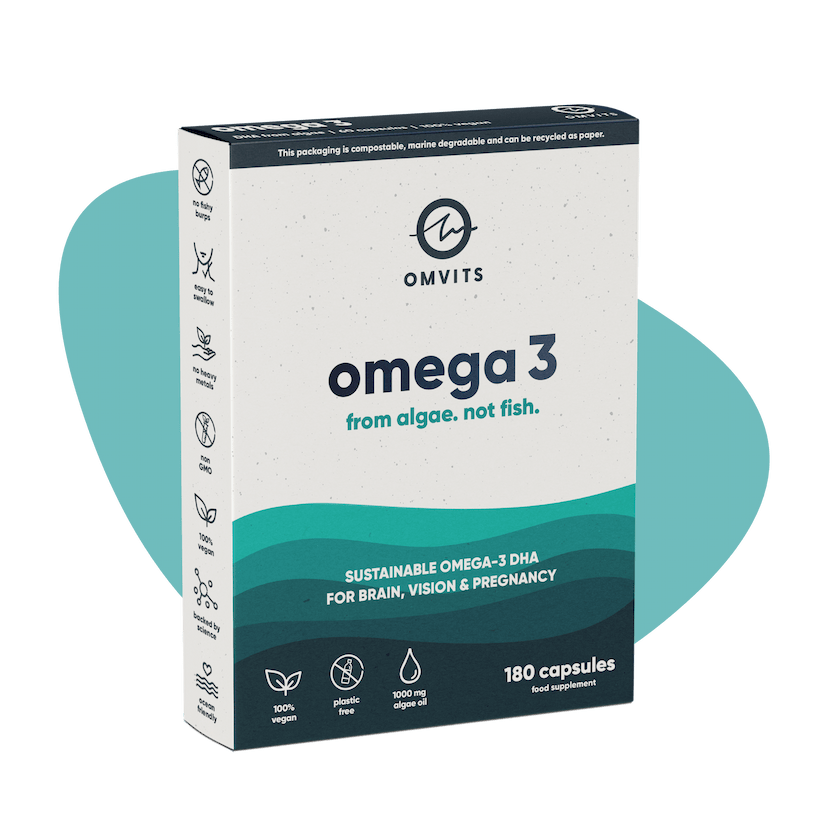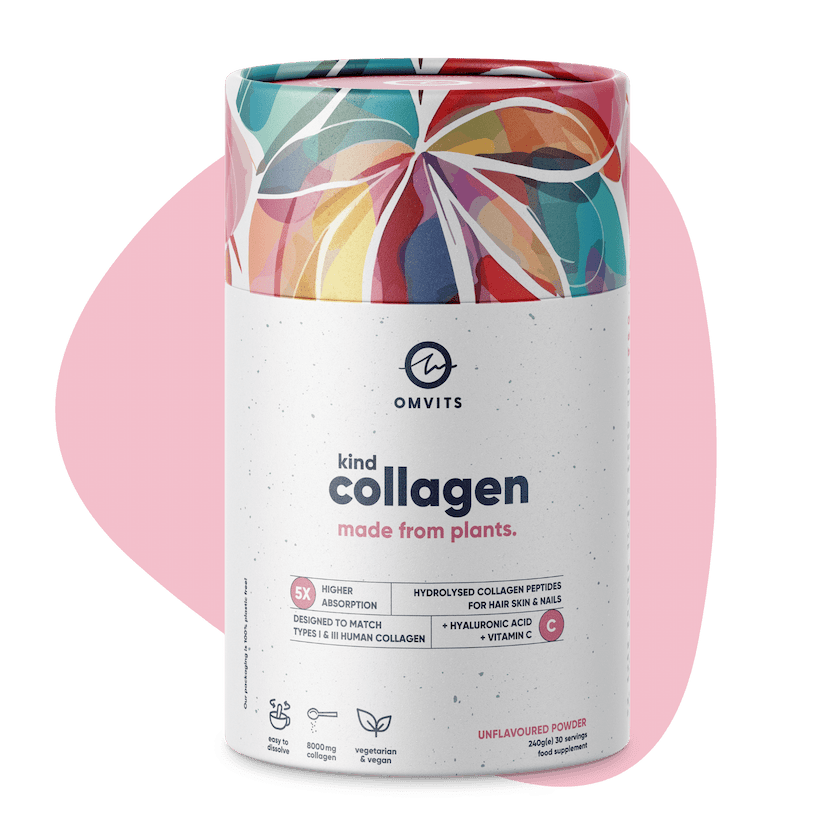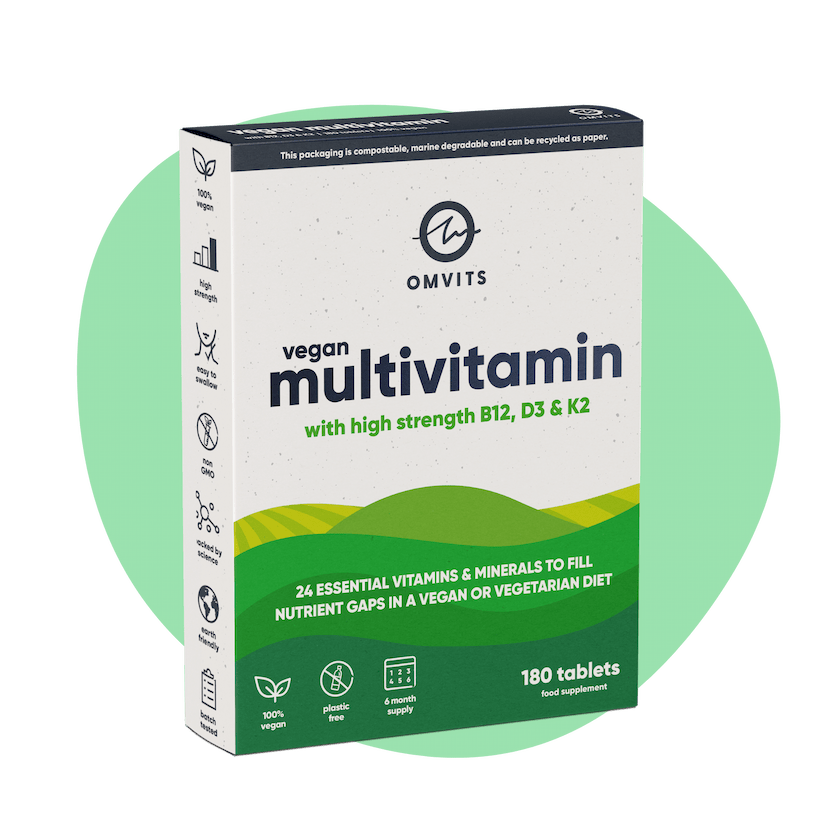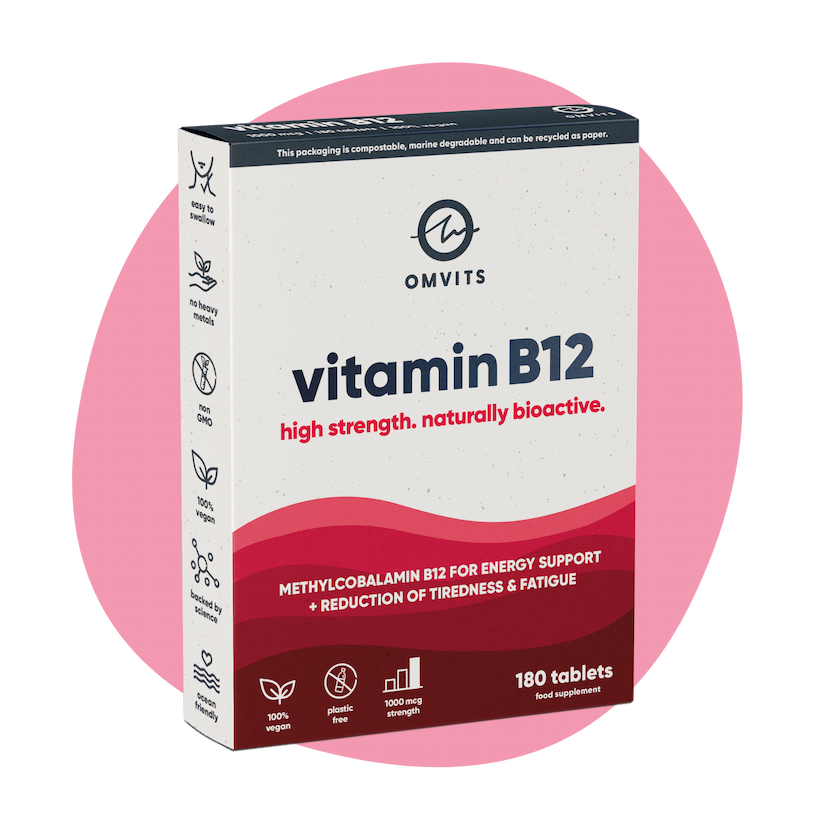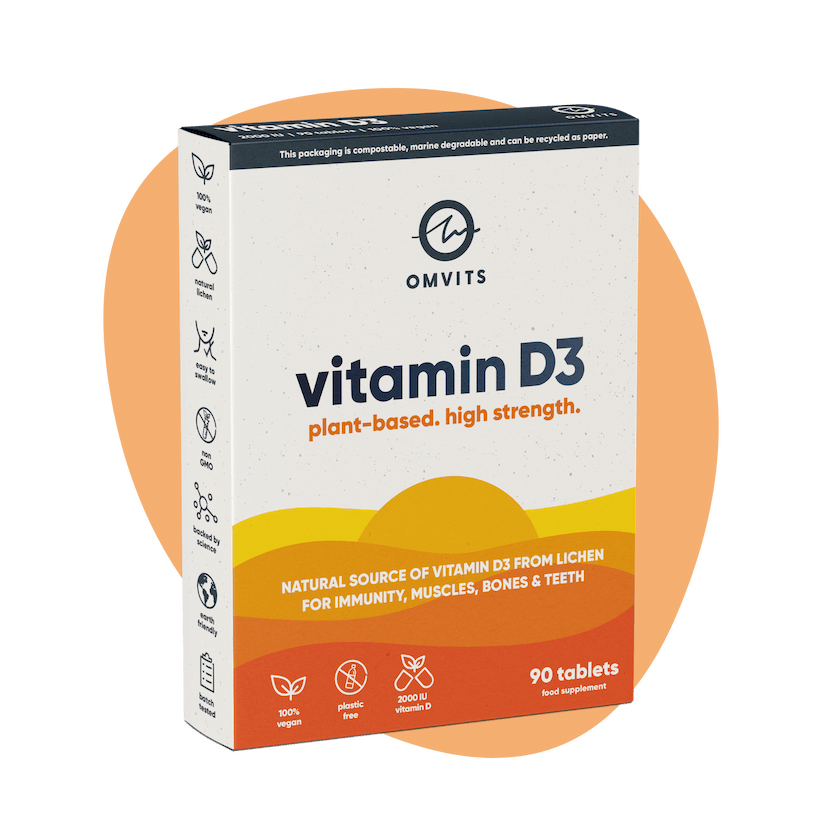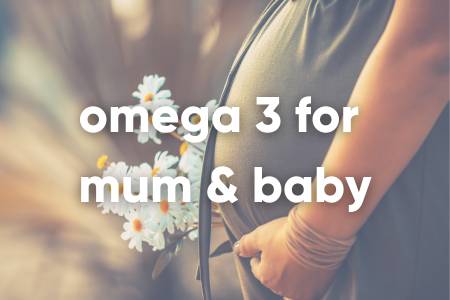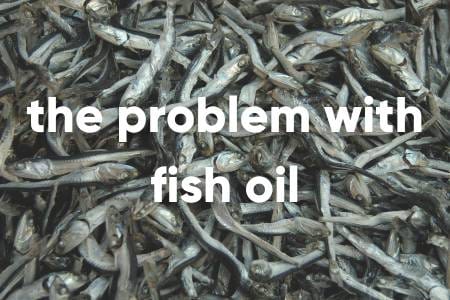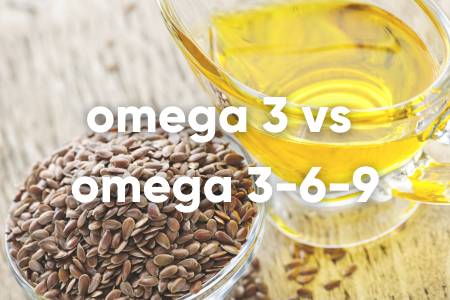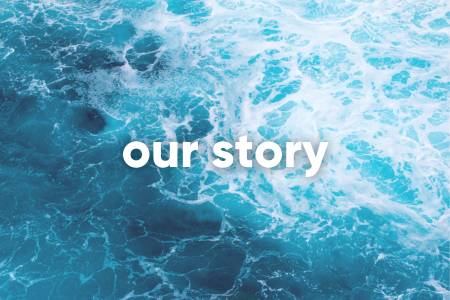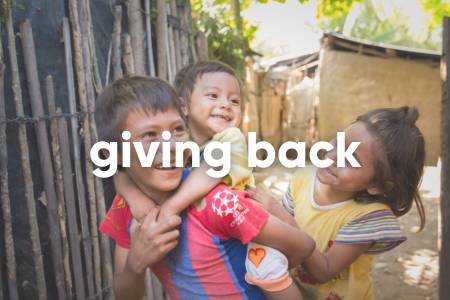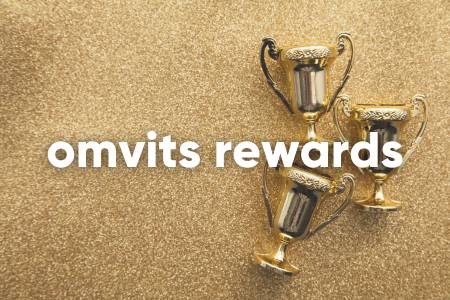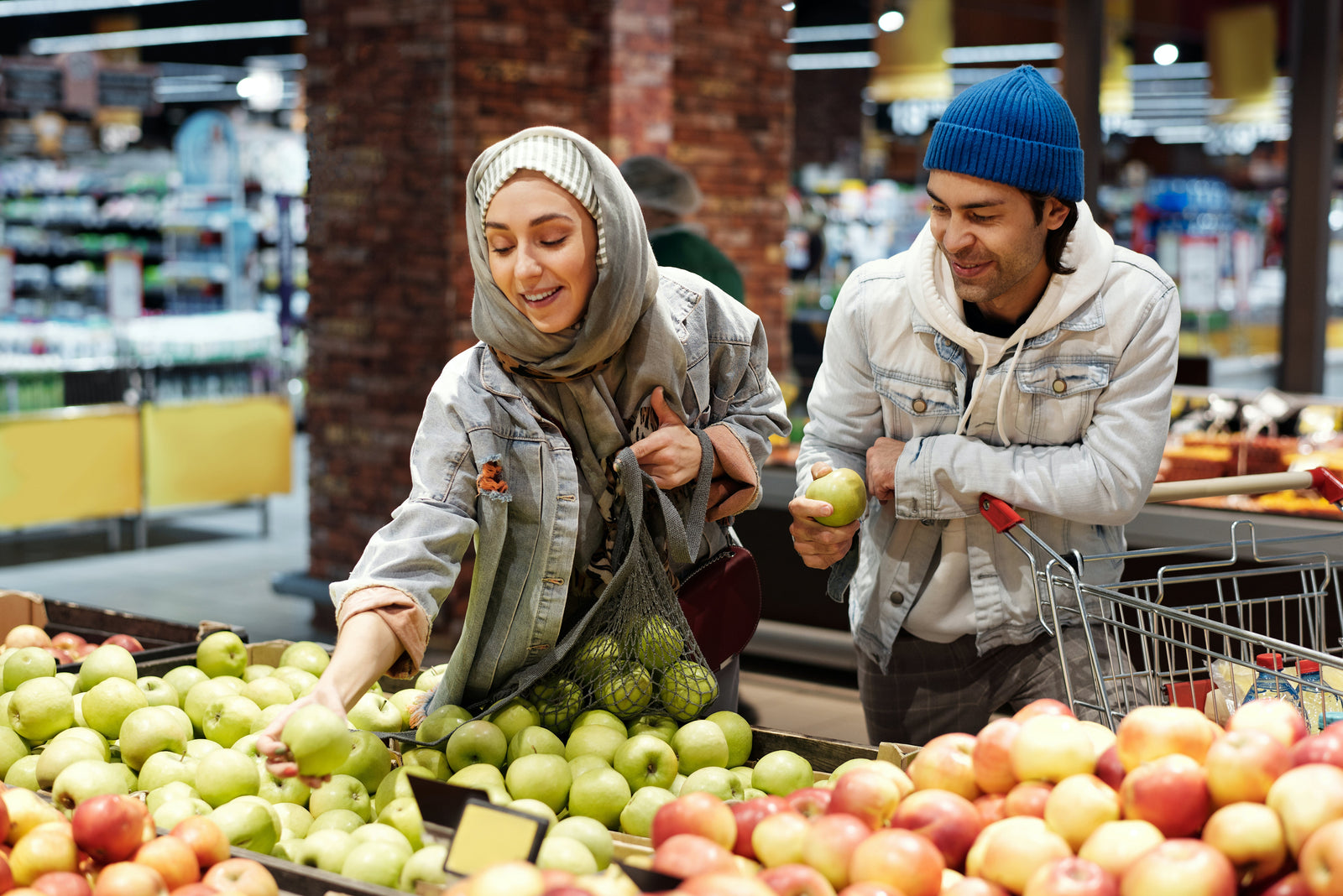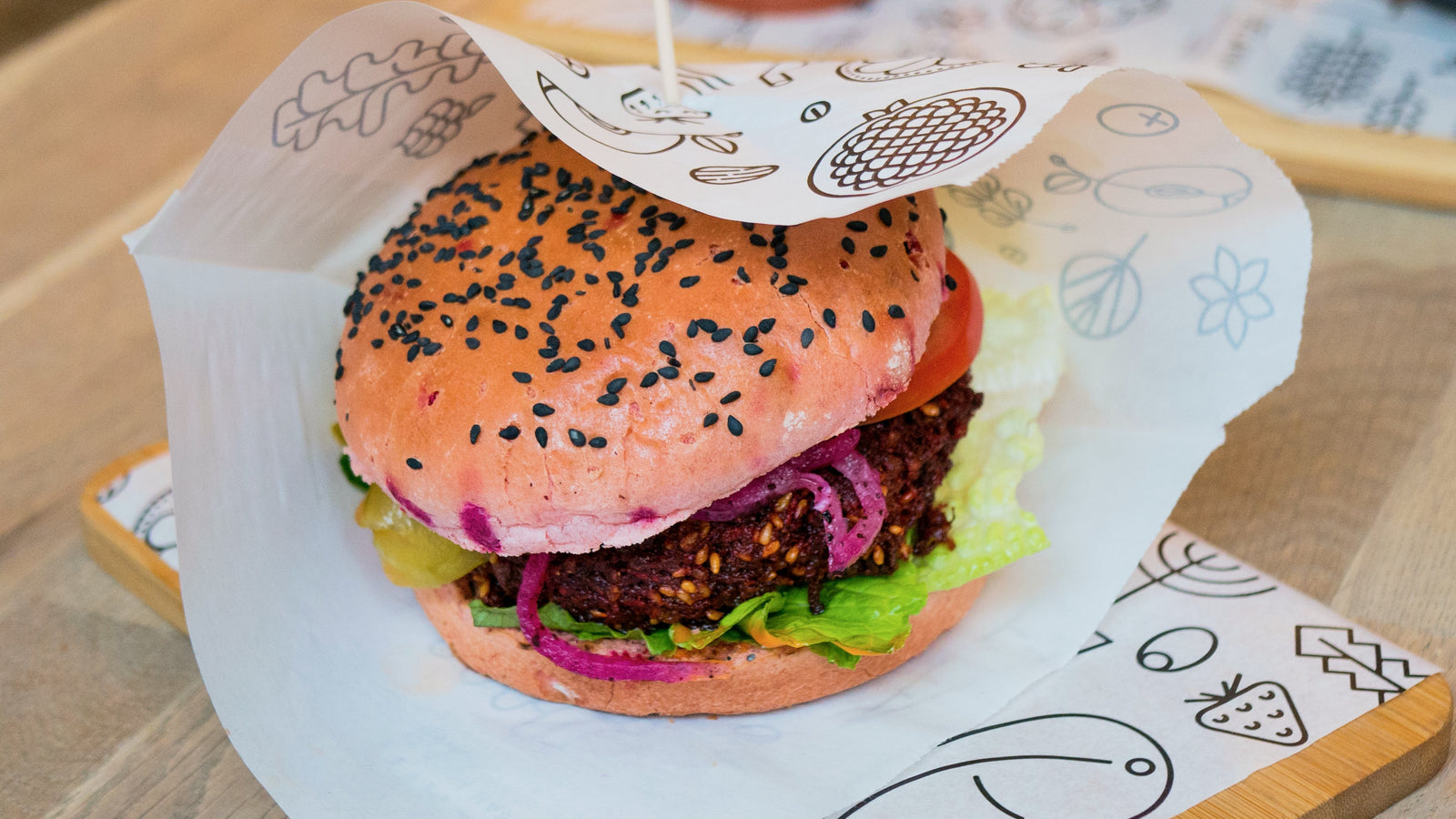FREE UK Delivery £25+
FREE UK Delivery £25+
Blog
about us
account
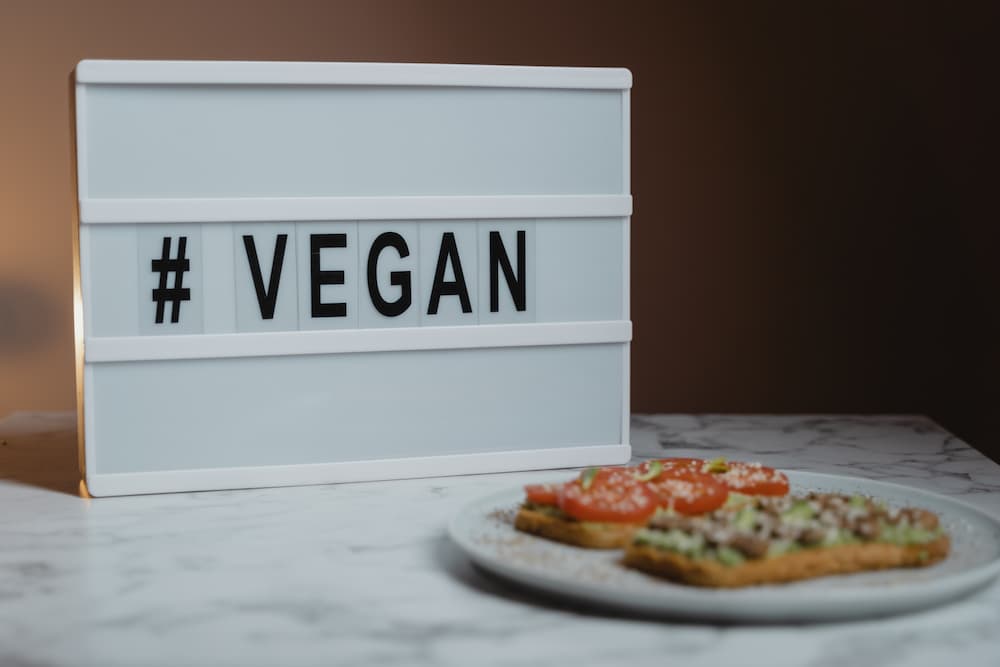
Sneaky Ingredients To Watch Out For If You're Vegan
January 11, 2022 4 min read
On a vegan diet, it's simple to avoid meat, eggs, and dairy, but certain non-vegan ingredients are less apparent and can catch you off guard. It's not always possible to know whether or not ingredients are vegan because they're hidden in food labels with deceptive names.
Some ingredients, particularly those used as additives or fillers in processed foods, are more difficult to identify. These aren't as evident as the obvious no-nos like meat, eggs, and milk, but they're still animal-derived. As a result, they are generally avoided when following a vegan diet.
Here's a quick rundown of some vegan ingredients you may not be aware of.
E Numbers
In Europe, all food additives must be disclosed on the ingredients list and assigned an E number, which can make reading labels more challenging. Many of these E numbers are suitable for vegans, however, there are a few to be aware of that aren't:
- E913 Lanolin. Sheep and other woolly animals emit a greasy substance called lanolin. Many multivitamins and fortified meals are unsuitable for vegans because of this chemical, which is mostly utilised in cosmetics but also used to manufacture vitamin D3, (FYI, we make ours from Lichen which is 100% vegan).
- E901 Beeswax. This is wax produced by bees andz used as a glazing agent, as the name suggests.
- E441 Gelatine. In confectionery, a gelling agent is manufactured from ground-up animal bone and skin.
- E120 Carmine, cochineal, carminic acid or natural red 4 are all names for the same thing. Red food colouring made from crushed beetles.
- E904 Shellac. Glazing agent derived from the secretions of the lac bug.
- E966 Lactitol. Lactose, sugar obtained from milk, is a sweetener.
- E910, E920, E921 L-cysteine and its derivatives. These additions, which are made from animal hair and feathers, are used as a proving agent in some bread.
Honey & Beeswax
Honey is a popular tea enhancer and is used as a sweetener in a range of items. Honey, on the other hand, should be avoided if you want to stick to a pure definition of vegan foods.
Beeswax is a common ingredient in lip balms, moisturisers, and candles that many vegans avoid. Because the wax is produced by worker bees in hives and used to make honeycombs, it does not meet the non-animal product standard.
Whey
Whey is a by-product of cheese production that can be found in a variety of meals, particularly bread and chocolates. Whey is the liquid that remains after curdling or churning milk and then straining it. When milk is curdled, it separates easily into curd (solid) and whey (liquid). Nutritional supplements and protein drinks frequently contain whey protein.
Casein
Casein is a protein obtained from the milk of animals (typically cows or sheep) that is used to make cheese. Casein is sometimes listed as an ingredient in non-dairy foods like soy cheese or coffee creamer; however, there are numerous non-dairy foods that do not contain casein.
Isinglass
Isinglass is a clarifying agent used in the production of wine and beer. It is not vegan because it is made from fish bladders. Although there's no way to tell if your beer or wine has been filtered via fish bladders by tasting it, many breweries and wineries publish their ingredient lists on their websites.
Castoreum
Castoreum is an anal secretion beavers use to mark their territories. What is the connection between this and food? This ingredient smells like vanilla. It was once used as a perfume ingredient and a food flavouring for vanilla (as in ice cream).
It was also used to enhance raspberry or strawberry flavourings. Today, castoreum is rarely used in ordinary food products, owing to the difficulty of obtaining it (and therefore expensive). If a vanilla extract or similar product claims 'artificial flavouring,' it could be fluid from beaver butts, therefore choose natural flavouring instead.
Confectioner’s Glaze
Despite sounding like something you'd find on a glazed doughnut, confectioner's glaze is a non-vegan item to avoid. This component is made of crushed bugs and is commonly used to provide a smooth and shiny finish to sweets and baked goods. It's also known as resinous glaze, shellac, natural glaze, or pure food glaze, so be cautious.
Lard
The fat from a pig's abdomen is called lard. It's a non-vegan ingredient that's commonly found in baked products, especially European-style baked goods, canned soups, and refried beans.
Oleic Acid or Oleinic Acid
Refined animal fat can be used to make oleic and oleinic acids. Synthetic butter, vegetable fats, oils, and many beverages and condiments contain it. They're one of those sneaky ingredients to stay away from.
This list may give the impression that living a vegan lifestyle is difficult or that animal products are unavoidable in everything, but once you know the ingredients, it'll become second nature to spot these items in your weekly supermarket trip. You won't even realise you're missing out on these sneaky non-vegan ingredients!
If you're interested in taking supplements or trying a new brand, then try us out, we’re Omvits! We’re plant-based, ocean-friendly, with a sustainable ethos and we’re socially responsible… We’re not perfect, but we are trusted by thousands of happy customers around the world.
Leave a comment
Comments will be approved before showing up.
Also in The Omvits Blog
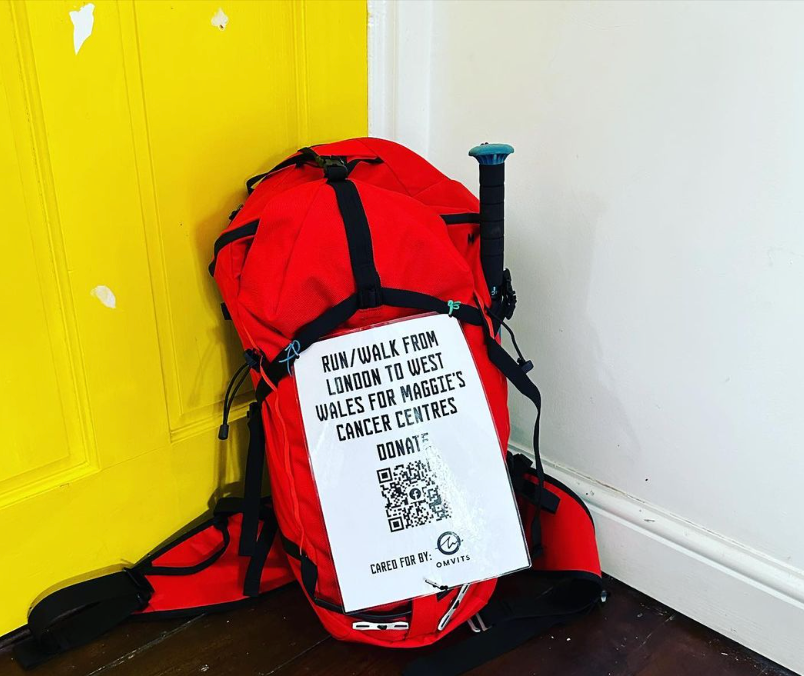
The Power of Running: How a 200 Mile Run to Wales Became a Meaningful Journey for a Great Cause
May 03, 2023 3 min read
We interviewed Andrew Thomas, who was preparing for a 200-mile marathon from London to Wales to raise funds for Maggie's Cancer. Read the article to know more about his adventure!
Subscribe
Sign up to get the latest on sales, new releases and more …
Recent Articles
-
The Power of Running: How a 200 Mile Run to Wales Became a Meaningful Journey for a Great Cause
May 03, 2023
-
Sneaky Ingredients To Watch Out For If You're Vegan
January 11, 2022
-
How To Do Veganuary If You’re On A Super Tight Budget
January 11, 2022
-
How To Satisfy Meat & Fish Cravings During Veganuary
January 11, 2022
-
Common Pitfalls Of Veganuary And How To Avoid Them
January 11, 2022
-
Simple Nutrition Advice For Veganuary And Beyond
January 11, 2022
-
Best Vegan Meat Alternatives To Try This Veganuary
January 11, 2022
-
5 Ocean Friendly Clothing Brands To Check Out This Month
June 21, 2021
-
12 Incredible Ocean Conservationists To Support This June
June 16, 2021
-
How To Do Something For World Ocean Day If You Can't Get To A Beach
June 08, 2021

